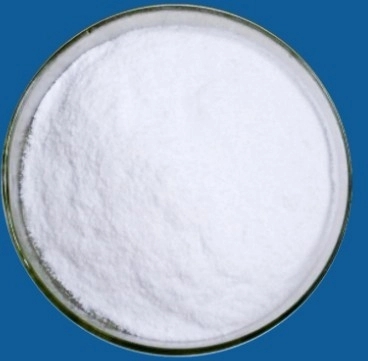
 CONTACT
CONTACT
- Linkman:Linda Yao
- Tel: +8618231198596
- Email:linda.yao@dcpharma.cn
- Linkman:CHARLES.WANG
- Department:Overseas
- Tel: 0086 0311-85537378 0086 0311-85539701
ε-Polylysine Hydrochloride Price,Concentration&Method
TIME:2024-08-06
The toxicological characteristics of ε-polylysine hydrochloride significantly influence its applications in various fields. Below is a detailed analysis of its toxicological properties and their impact on applications:
I. Toxicological Characteristics
1.Acute Toxicity
LD50 Value: Acute oral toxicity tests in rats show that the LD50 in female rats and male mice is 4.30 g/kg body weight, indicating that ε-polylysine hydrochloride is a low-toxicity substance. This finding provides a safety basis for its application in food, medicine, and other fields.
Toxic Reactions: No significant toxic or mutagenic effects were observed in acute toxicity tests. Absorbed ε-polylysine hydrochloride is broken down into L-lysine in the gastrointestinal tract, an essential amino acid for the human body, further demonstrating its safety.
2.Long-term Toxicity
Although there may be limited data on the long-term toxicity of directly ingesting ε-polylysine hydrochloride, it can reasonably be inferred that long-term intake is relatively safe, considering it decomposes into the essential amino acid lysine without observing significant toxic reactions.
3.Special Toxicity
At high concentrations (e.g., 5000 PPM), rats may experience reduced body weight and organ mass due to palatability issues, but body weight recovery was observed later in the study, with no pathological changes in the liver or other tissues and organs. This indicates that ε-polylysine hydrochloride does not cause significant toxicity to the human body at reasonable usage concentrations.
II. Impact on Applications
1.Food Industry
Preservative: Due to its broad-spectrum antibacterial properties, high-temperature tolerance, and strong water solubility, and high safety,ε-polylysine hydrochloride is widely used as a food preservative. It can effectively extend the shelf life of food, maintaining its nutritional value and taste.
Nutritional Fortifier: As ε-polylysine hydrochloride can decompose into lysine in the human body, it can serve as a lysine source while also acting as a food preservative, providing nutritional fortification.
2.Pharmaceutical Industry
Antibacterial Agent: ε-Polylysine hydrochloride has significant inhibitory effects on various bacteria and fungi, making it a potential antibacterial agent in the pharmaceutical field. However, further research and clinical trials are needed to verify its specific applications.
Drug Carrier: Due to its good biocompatibility and degradability, ε-polylysine hydrochloride can also be used in drug carrier research to improve drug stability and targeting.
3.Other Fields
Personal Care Products: ε-Polylysine hydrochloride can also be used in personal care products, such as oral care products and cosmetics, to provide antibacterial and preservative effects.
Agriculture: In agriculture,ε-polylysine hydrochloride can be used as a biopesticide or plant growth regulator to improve crop disease resistance and yield.
The toxicological characteristics of ε-polylysine hydrochloride indicate that it is a low-toxicity, safe substance. This characteristic strongly supports its application in food, medicine, personal care products, agriculture, and other fields. However, it is still essential to pay attention to appropriate usage concentrations and methods in practical applications to ensure its safety and effectiveness.
- Tel:+8618231198596
- Whatsapp:18231198596
- Chat With Skype







